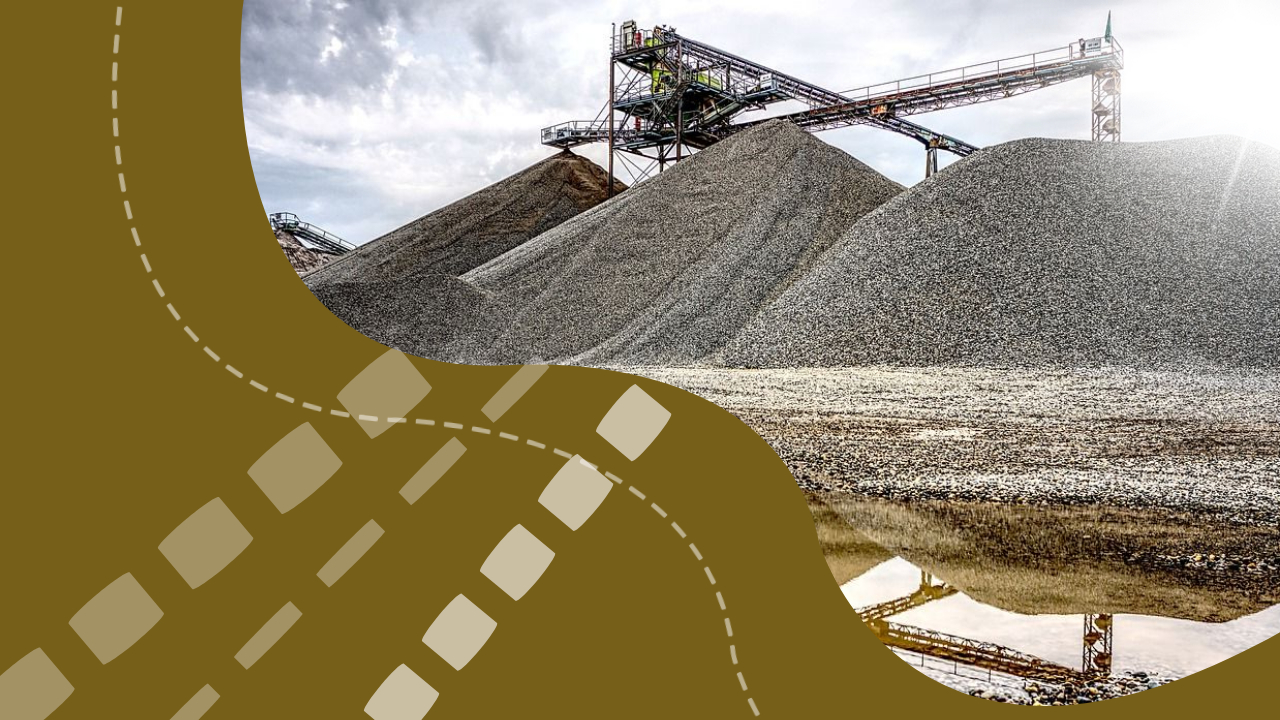The Ministry of Industry and Infrastructure Development in Kazakhstan has recently shared information regarding the termination of 107 subsoil use contracts. The data, provided by LS in response to an editorial request, sheds light on the reasons behind these cancellations, with 29 contracts ending due to the expiration of subsoil use rights, four through mutual agreement, and 74 being terminated ahead of schedule due to non-compliance with obligations. It is worth noting that all these companies are residents of Kazakhstan.
In the Akmola region, 15 contracts have been terminated, with seven expiring naturally and eight being terminated ahead of schedule. These contracts involved the exploration and extraction of various resources, including gold, iron, manganese, and solid mineral formations.
The Karaganda region witnessed the premature termination of 16 contracts. Among them were deposits such as Koktenkol, Kaskyrkazgan, Itmurindy, Kozhattauskoye ore field, Mystobe, and others. Subsoil users in this region were engaged in the search for and extraction of resources such as tungsten, molybdenum, copper, gold, silver, coal, chrysoprase, jadeite, and more. Additionally, 11 contracts have expired in this region, including those related to deposits like Aktas-1 and 2, Tamdy-Sainbulak, Northern and Southern squares, Kyzyl Kazan-1, Borsheuken Akkens, Tesiktas, Borly, and Atbas.
The document for the East Balkhash-1 deposit, located in the Karaganda and East Kazakhstan regions, has also expired.
In the East Kazakhstan region, one contract for the Khamir square was mutually terminated, while 12 contracts were terminated ahead of schedule. These contracts pertained to the exploration and extraction of polymetals, gold, copper-molybdenum ores, coal, and other resources.
The Kostanay region saw the premature termination of agreements for the Mayatas (gold, silver, platinum, copper, lead, zinc, yttrium, and rare metals), Eltay-4 (iron), Kutukhinskoye (gold), and Shevchenkovskoye (nickel, cobalt) deposits.
In the Pavlodar region, three contracts were terminated ahead of schedule, involving coal and gold.
The Aktobe region witnessed agreements with subsoil users on three documents, while another six contracts were terminated. These contracts were associated with the exploration and extraction of resources such as gold, bauxite, copper-porphyry ores, and phosphorites.
The premature termination of the subsoil use contract for the Shugul deposit (potassium salts) occurred in the West Kazakhstan region. Similar actions were taken against subsoil users of four deposits (mineral salts) in the Mangystau region.
In the Almaty region, the terms of three contracts for the Predgorny Ketmen, Dalabai, and Utegen-2 deposits have expired, and three more contracts were terminated ahead of schedule. Gold, silver, and copper were among the resources being searched for and extracted in this region.
In the Zhambyl region, 12 contracts have been terminated, with five expiring naturally and seven being terminated ahead of schedule. These contracts involved the exploration and extraction of resources such as gold-bearing and barite ores, silver, gold, polymetals, iron, alluvial gold, coal, titanium, gold, and lead-zinc ores.
Furthermore, four contracts were terminated ahead of schedule in the Kyzylorda region, where subsoil users were working on deposits such as Jaxi-Klychskoye 2 and 3 (sodium sulfate), Koskol (copper-gold-bearing ores), and Ak-Espe area (titanium-zirconium).
In the Turkestan region, six subsoil use contracts have been terminated ahead of schedule since the beginning of 2022. Two of them expired naturally, and the remaining three were terminated prematurely. The resources being explored and extracted in these contracts included iron-copper ores, polymetals, barites, and iron.
Additionally, two contracts were prematurely terminated in the Ulytau region.
The Ministry of Energy has also shared that since 2022, 35 subsoil use contracts have been terminated across various regions, namely Aktobe, Atyrau, West Kazakhstan, Mangystau, Kyzylorda, Zhambyl, and Almaty. The main reasons behind these terminations were the expiration of subsoil use contracts and the failure of subsoil users to fulfill their contractual obligations.
Minister of Energy Almasadam Satkaliyev has previously highlighted that, since 2022, 29 contracts have been terminated, with debts amounting to 1.9 billion tenge being repaid for nine of them. The returned subsoil plots areput up for auction to attract investments, and electronic auctions have proven successful in this regard. In fact, in July, 11 subsoil plots were sold, fetching a signature bonus of 3.4 billion tenge. These auctions encompassed both exploration and production contracts, as well as production contracts alone.

